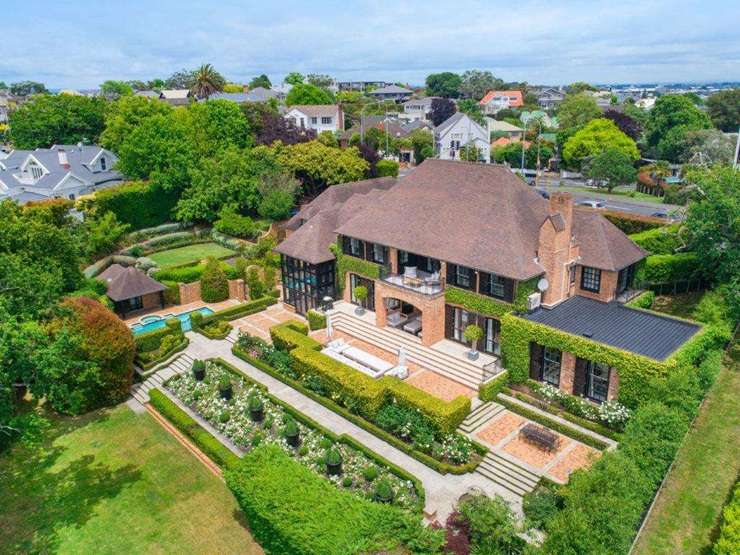ANALYSIS: New Zealand’s most expensive rental listing on OneRoof is also one of the country’s most expensive houses. For $6000 a week, you can live in a stately home in Auckland’s Remuera. The five-bedroom mansion made the headline six years ago when it sold for $25.5 million and is said to be owned by a wealthy overseas family.
Finding $6000 a week to pay the landlord would be impossible for many in New Zealand. But even finding $600 a week, the nationwide median rent, is a stretch for some. New Zealand’s median rent has jumped 20% over the last three years – an extra $100 a week – while the average household incomes have only risen 15% over the same period, according to figures from Infometrics.
Some parts of the county are cheaper for renters than others. For example, the median rent in Southland is $240 a week lower than the median rent in Auckland. An Aucklander could theoretically save $12,480 a year by moving south.
However, moving to a smaller region can mean taking a lower income. Unless your workplace is flexible.
Start your property search

542 Remuera Road, in Remuera, Auckland, can be rented for $6000 a week. Photo / Supplied
So, it’s not just about looking for cheaper rents. But, cheaper rents compared to incomes. When you look at living costs this way, the most expensive parts of New Zealand aren’t necessarily where you think they are.
The most recent data comparing rents to household incomes is from June 2023, but even though rents have risen in many areas in the year since, the figures are a good guide to affordability in the rental market.
A Kiwi renting the median house in New Zealand would spend just over a third (36%) of their after-tax income on rent.
Discover more:
- Tony Alexander: Should Kiwis be getting ready for another house price boom?
- Property queen's luxury apartment a mortgagee sale again after vendor pulls out
- Mortgage fight: Which bank is the king of interest rate cuts?
Many New Zealanders would naturally think Auckland rents are more expensive. It’s our largest city, hosts some of the most expensive houses in the country (542 Remuera Road is a case example) and the median weekly rent is $640.
But, rents (compared to incomes) are highest in the Bay of Plenty. The average renter spent 44% of their after-tax income on rent in 2023. This is because the median rent in the Bay of Plenty was 6% cheaper than Auckland but the median disposable income was 27% lower.
Similarly, Northland is not known for expensive rentals but the average renter in the region would be handing over 41% of their disposable income to their landlord.
So, upping sticks and moving to a smaller region doesn’t always lead to a better lifestyle. At least, not when if it means taking an income hit.
Despite having the highest median rent, Auckland is in the top five most affordable areas.
The median rent in Auckland in 2023 hovered around $640 per week, while the median household disposable income was approximately $97,473. This means rent accounts for about 34% of disposable income. This is surprising, given Auckland’s reputation for high living costs.

Opes Partners resident economist Ed McKnight: "Moving to a smaller region doesn’t always lead to a better lifestyle." Photo / Fiona Goodall
West Coast has the cheapest rent relative to household income, followed by Southland and Wellington. The average renter in West Coast would be spending $385 a week – just 30% of their disposable income on rent.
The median rent in Wellington is $595. Meanwhile, the median disposable income is just under $95,000. The relative affordability is partly due to the prevalence of apartments and studios in the city. These tend to be more affordable and bring down the median rent.
So when you choose where to base yourself, don’t just look at where rents are lower. You need to look at it relative to your disposable income. That way, you’ll know whether you are really better off.
- Ed McKnight is the resident economist at property investment company Opes Partners

















































































